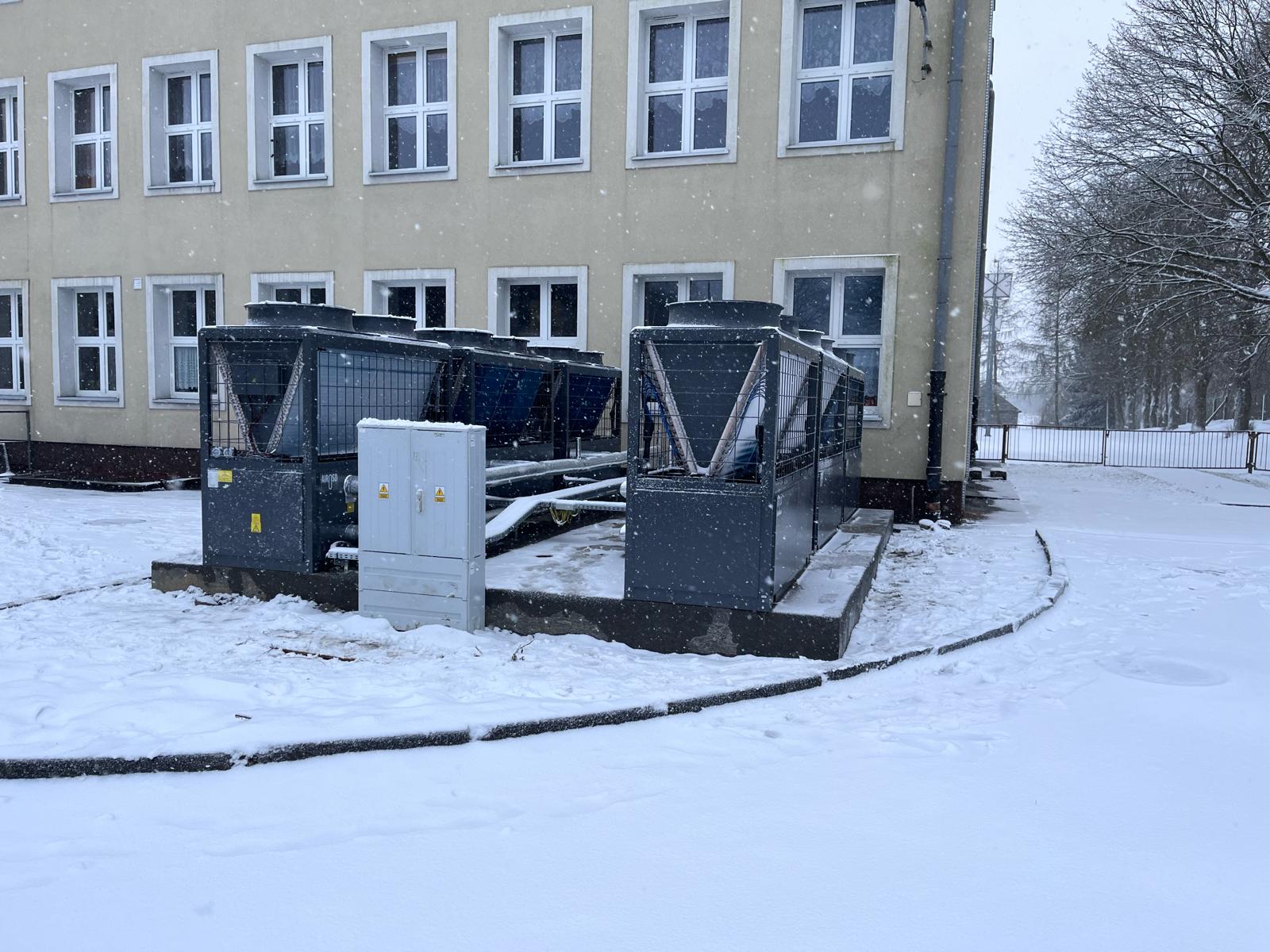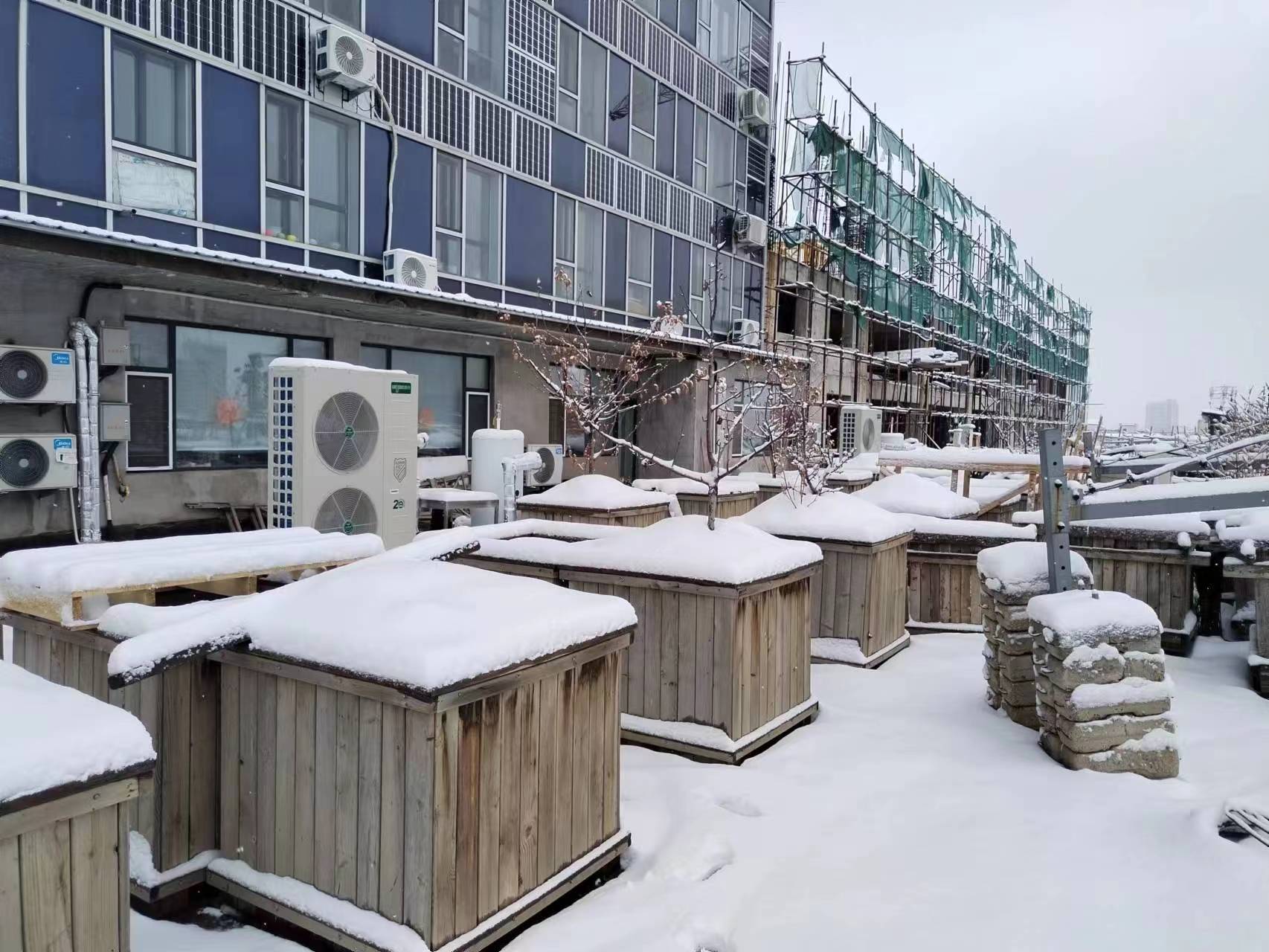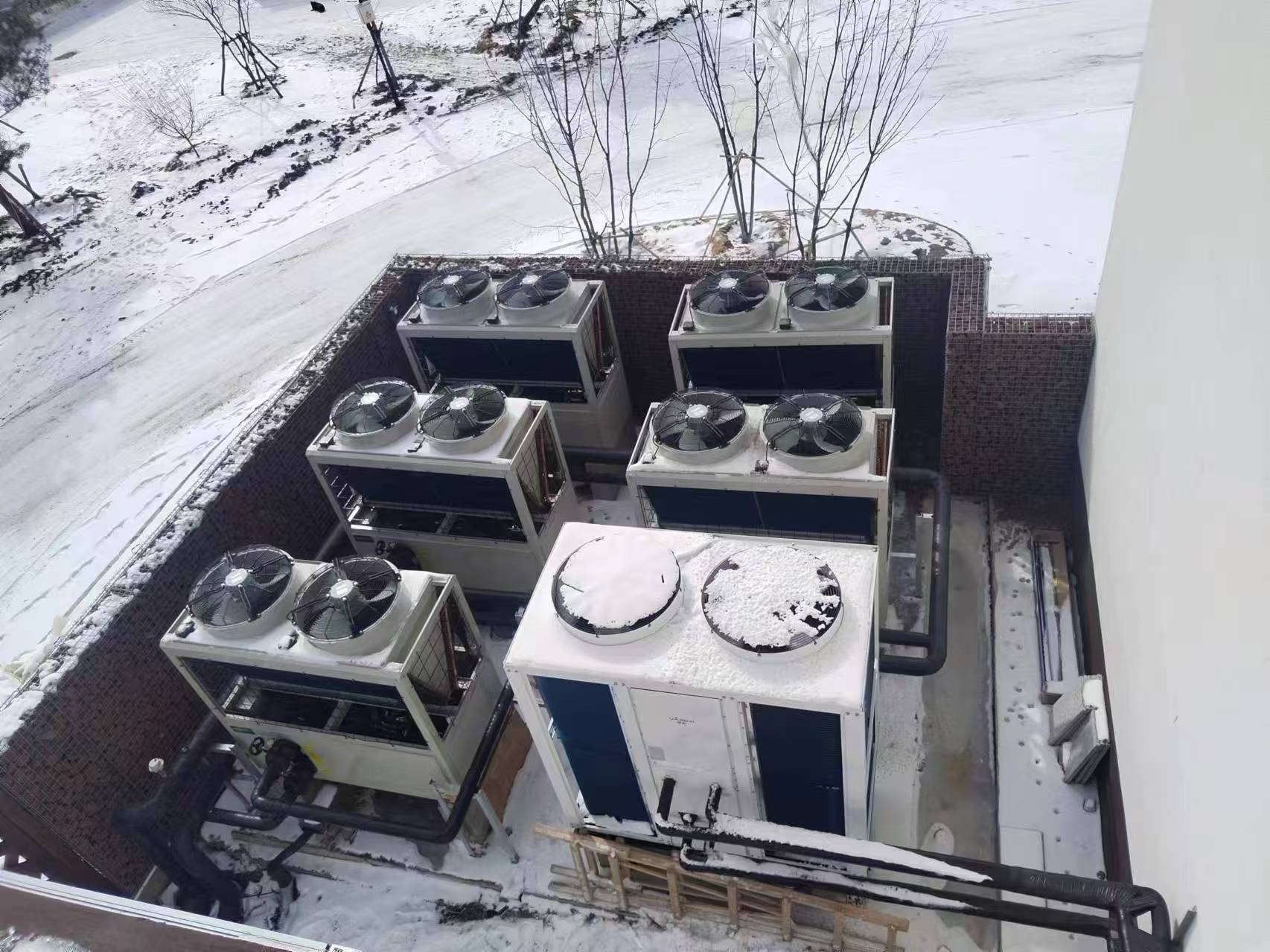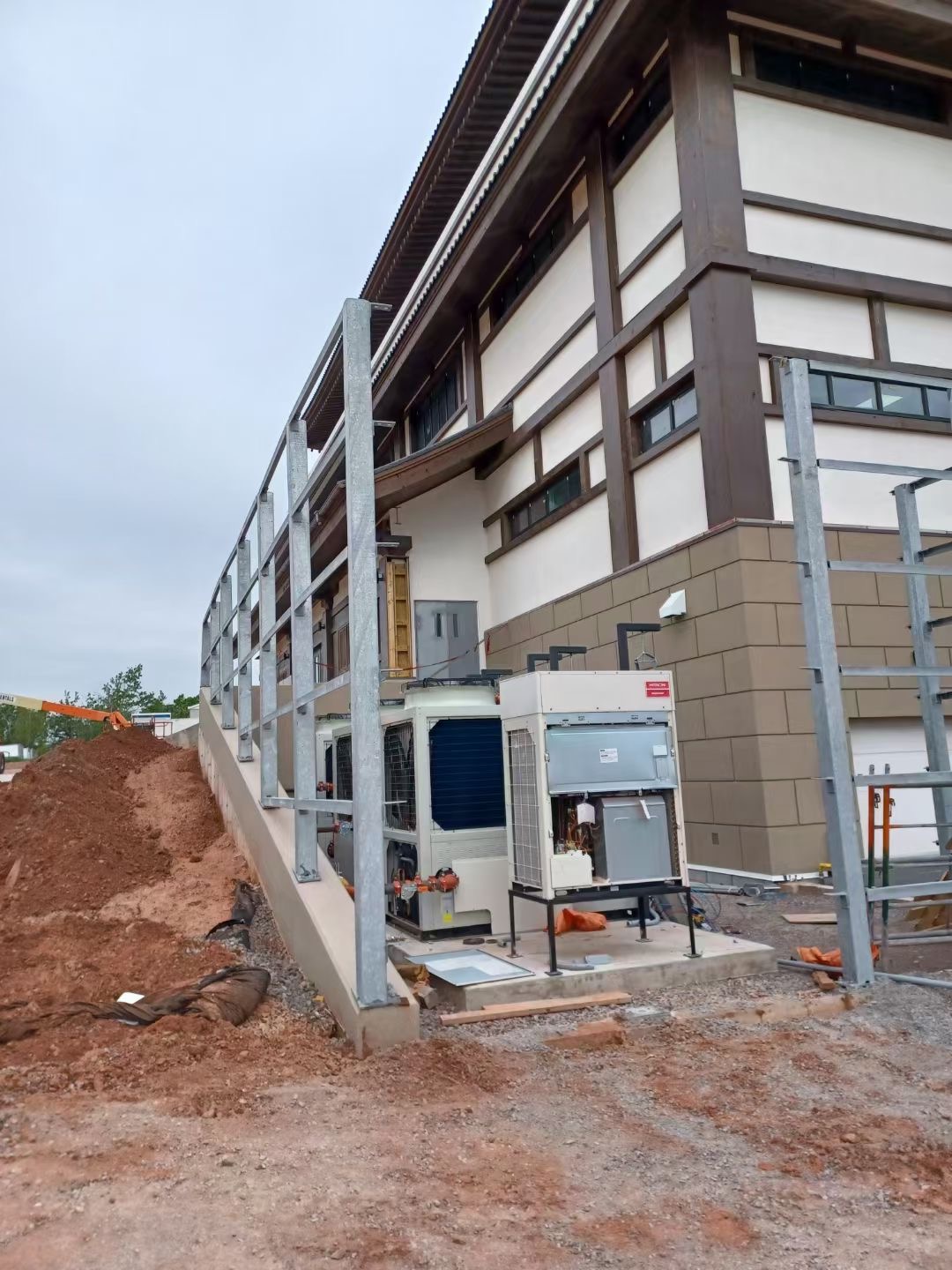Do Heat Pumps Really Work in Cold Climates?
As global energy concerns grow, heat pump technology has emerged as a leading solution for efficient space heating. In particular, the inverter heat pump design adapts compressor speed to real‑time demand, maximizing performance. Modern heating and cooling pump systems can provide both winter warmth and summer comfort. An air source heat pump system extracts ambient heat even in low‑temperature environments, while the latest Evi dc inverter heat pump models combine enhanced efficiency with reliable cold‑climate operation.
Fundamental principles underpinning heat pump technology rely on a refrigeration cycle: the outdoor coil absorbs heat, the compressor raises refrigerant temperature, and the condenser releases that heat indoors. An inverter heat pump smoothly modulates its output, avoiding the energy losses of on/off cycling. By contrast, a traditional heating and cooling pump cycles fully on or off. In an air source heat pump system, refrigerant evaporates at low outdoor temperatures, and the system’s controls adjust to maintain setpoint temperatures. Indeed, an Evi dc inverter heat pump leverages two‑stage compression to boost low‑ambient performance and ensure consistent comfort.

Challenges in cold climates often center on frost buildup and reduced efficiency. At subfreezing conditions, conventional heat pump technology can see its capacity diminish as the evaporator coils ice over. An inverter heat pump may defrost automatically, but cycling can still incur energy penalties. Even as a heating and cooling pump continues to operate, heat transfer slows and COP (coefficient of performance) drops. Advanced air source heat pump system models counter this by optimizing refrigerant flow and implementing targeted defrost cycles. The Evi dc inverter heat pump, in particular, maintains higher evaporating pressures and reduces icing, preserving capacity in extreme cold.
Technical breakthroughs have vastly improved cold‑weather performance. Enhanced compressors in heat pump technology now employ multi‑stage compression, improving efficiency and reliability. An inverter heat pump adjusts compressor speed down to very low frequencies, matching load without frequent starts. In hybrid heating and cooling pump configurations, auxiliary electric or gas boosters engage only when outdoor temperatures fall below –15 °C. Sophisticated controls in an air source heat pump system track weather forecasts to pre‑emptively manage defrost cycles, and the Evi dc inverter heat pump integrates an internal heat exchanger that preheats refrigerant between stages, enhancing low‑temperature lift.
When evaluating ground‑source versus air‑source, the ground‑loop variant of heat pump technology benefits from stable subsoil temperatures, boosting COP year‑round. Conversely, an inverter heat pump in an air source heat pump system requires careful sizing and defrost strategies but offers lower installation costs. Combined systems featuring a heating and cooling pump module plus backup heat source moderate capital outlay. Premium Evi dc inverter heat pump models, though pricier upfront, deliver superior performance in bitter cold, often outperforming basic air‑source units by 20–30%.

Real‑world applications showcase these advances. A Scandinavian housing development equipped with heat pump technology and Evi dc inverter heat pump units achieved annual COPs above 3.0, even at –25 °C. In a Tokyo commercial building retrofitted with inverter heat pump arrays, energy consumption fell by 40%. Multifunction heating and cooling pump installations in Canadian schools demonstrated reliable heating at –20 °C, with minimal auxiliary backup. Urban retrofits using air source heat pump system packages in Moscow reduced carbon emissions by 35%, thanks to integrated controls.
Beyond cold‑climate resilience, air source heat pump system economics look increasingly attractive. Even at low temperatures, heat pump technology can deliver twice the efficiency of electric resistance. Incentives for inverter heat pump installations and carbon credits for heating and cooling pump upgrades improve payback. When an Evi dc inverter heat pump replaces an aging boiler, lifecycle costs and emissions both drop significantly.

In conclusion, modern heat pump technology, especially advanced inverter heat pump designs, has overcome the historical cold‑climate limitations of earlier systems. Whether through robust heating and cooling pump configurations, intelligent air source heat pump system controls, or high‑performance Evi dc inverter heat pump innovations, reliable operation in subzero environments is now routine. As efficiency standards tighten and carbon goals deepen, these systems offer a proven path to warmth, comfort, and sustainability—even in the iciest regions.



